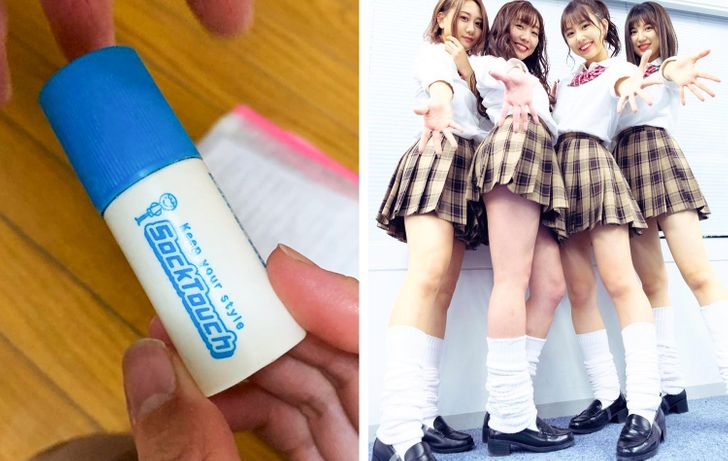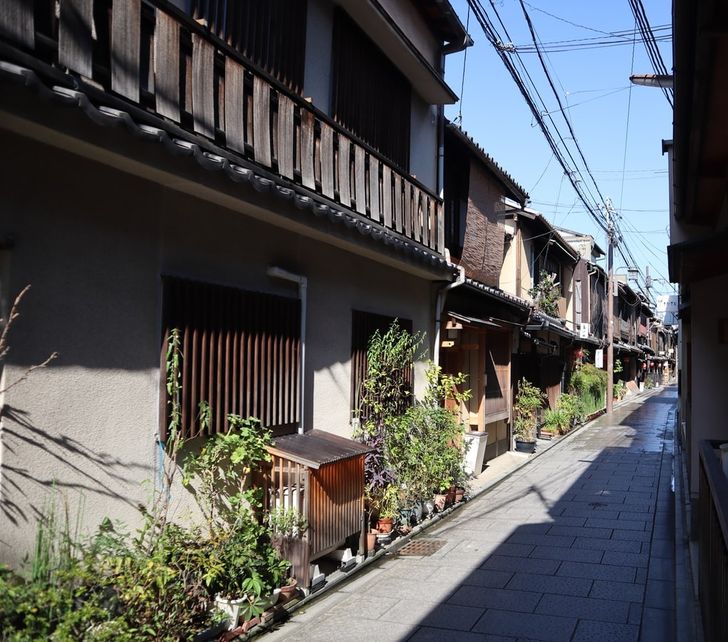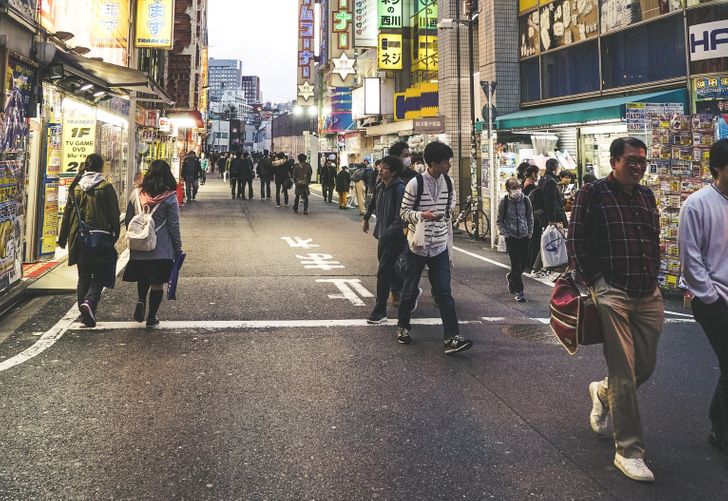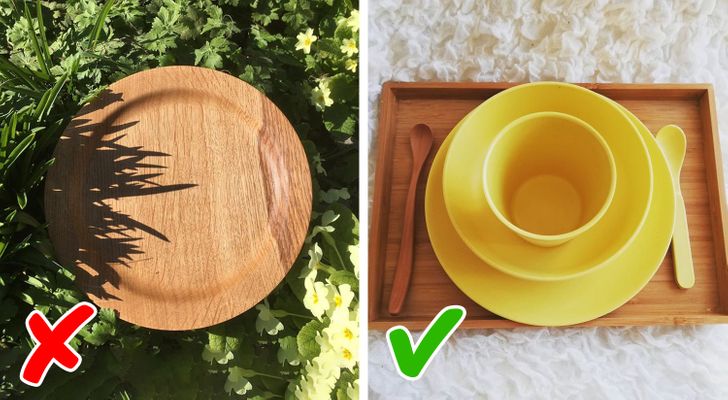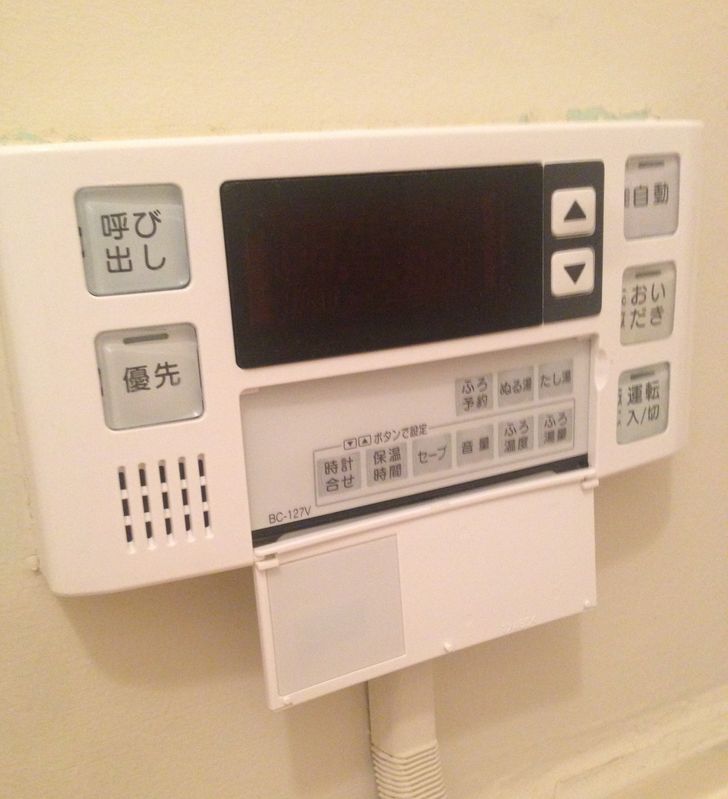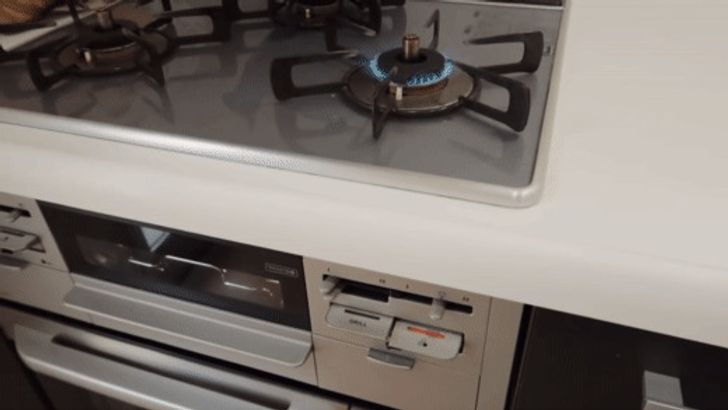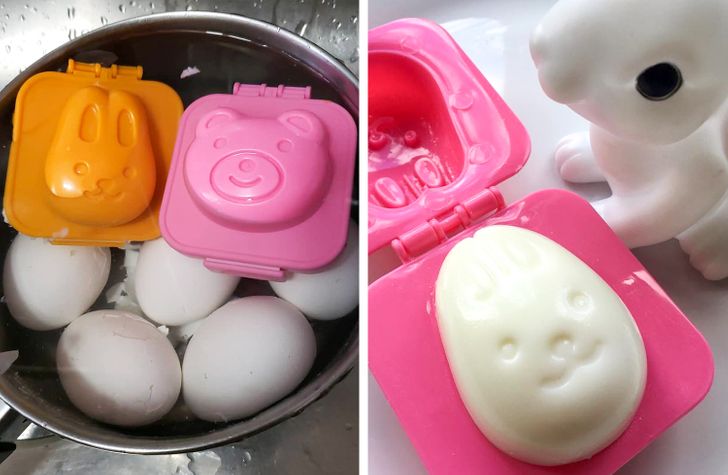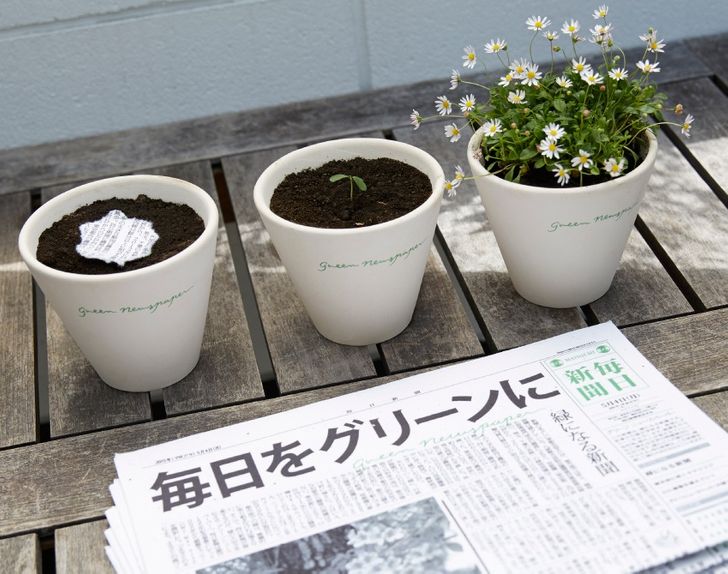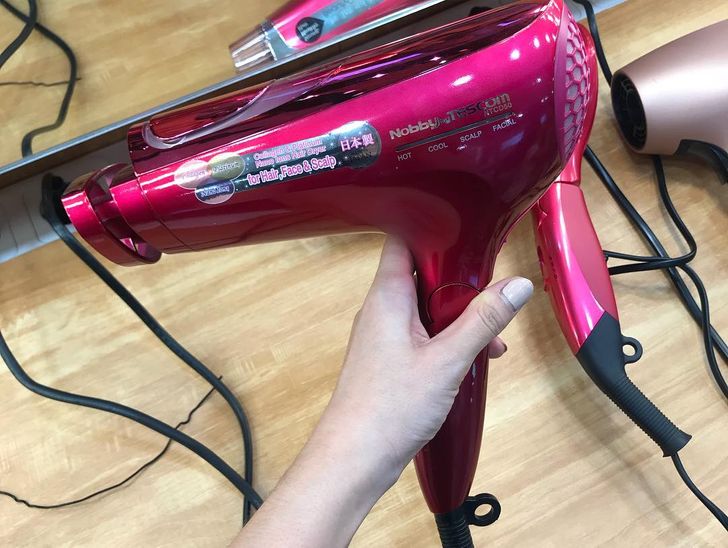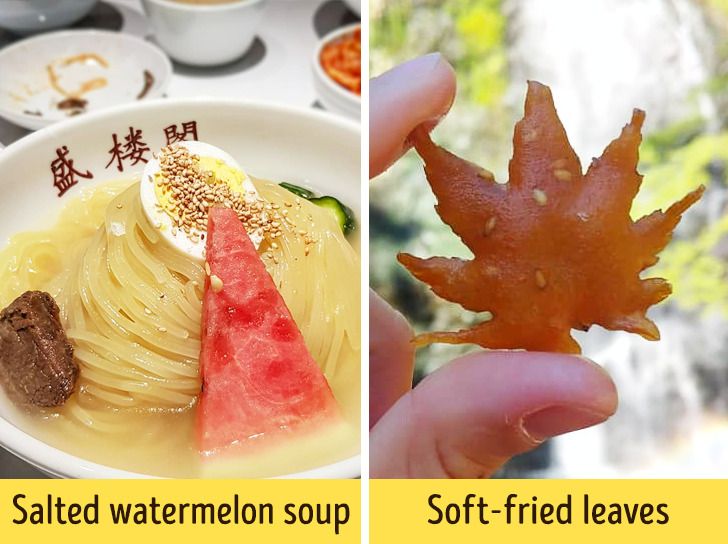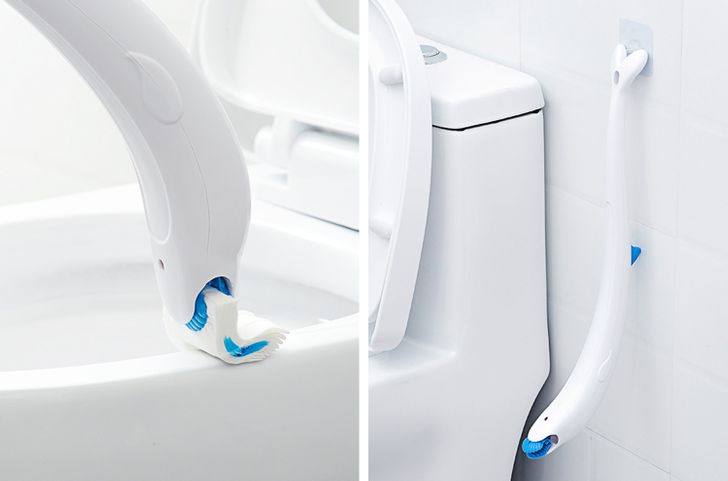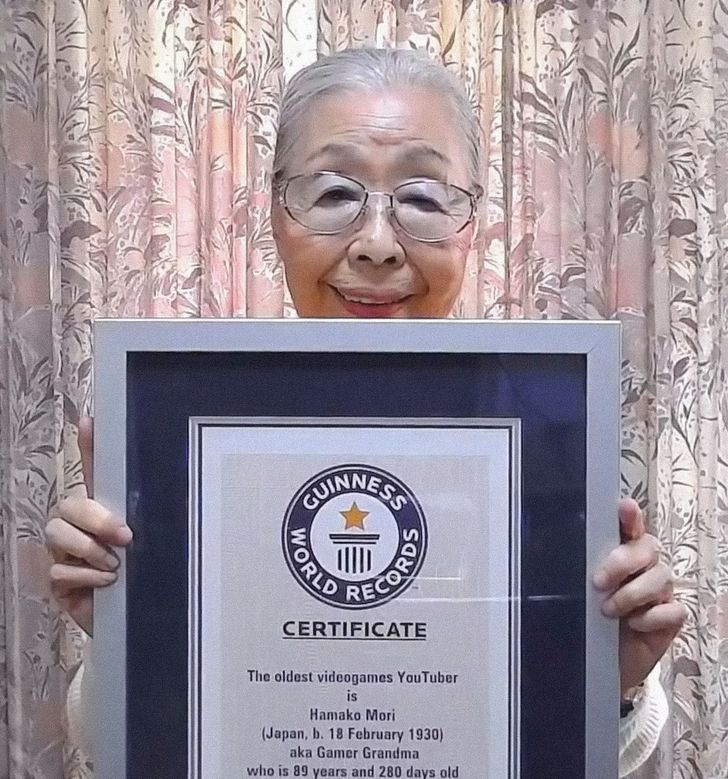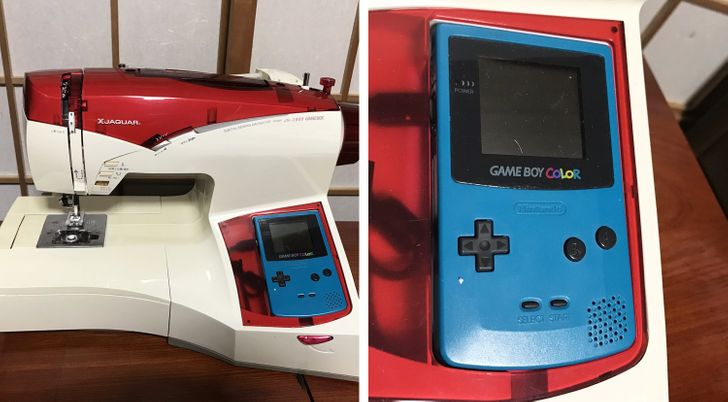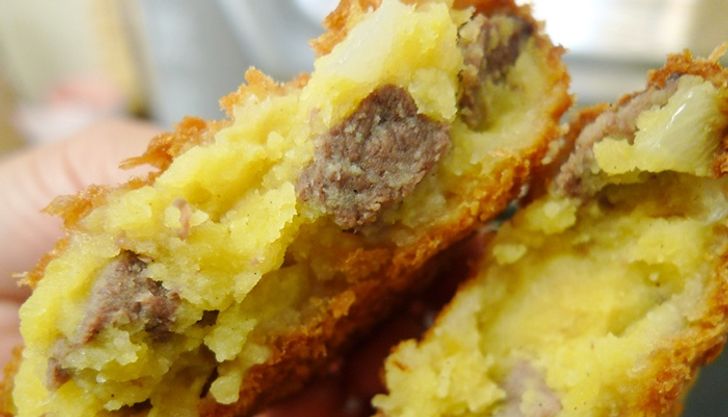Japanese toilets have integrated sinks to recycle handwashing water into flushing water
28 Genius Ways the Japanese Solve Everyday Problems
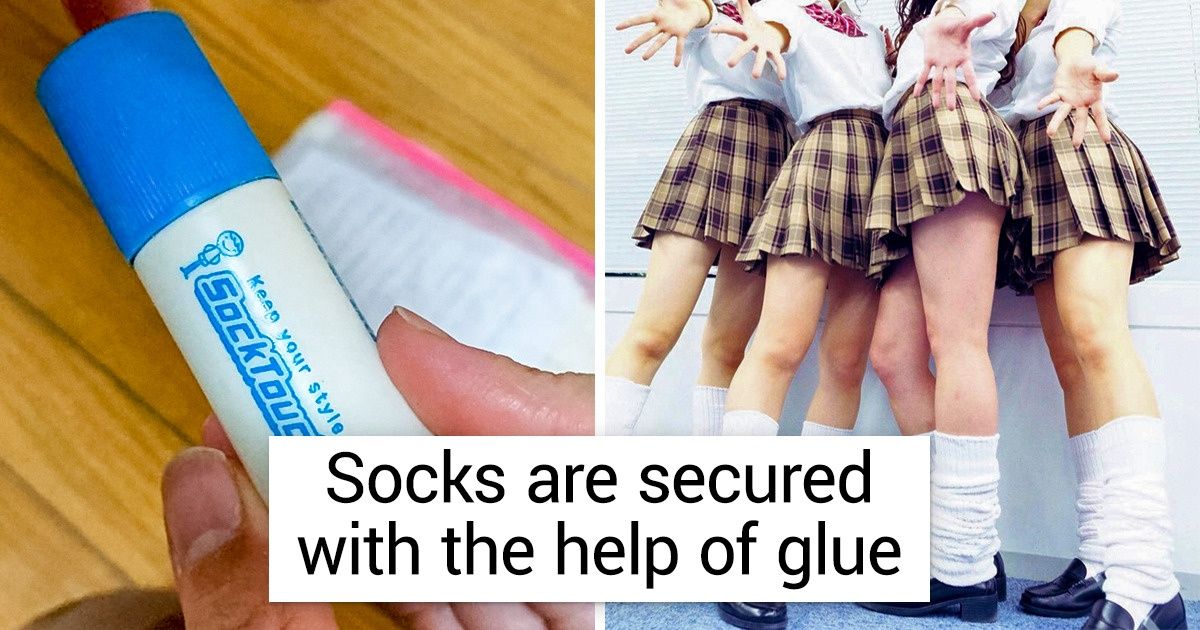
Every country has developed in its own ways, but it seems like some countries already live in the future. Japan may be considered a good example of how people rethink familiar things and improve them by making them more comfortable and practical. At the same time, side by side with the technological progress, a special attitude toward nature is preserved, and simple things that make people happy are valued there. This, for sure, influences their quality of life.
We at Bright Side have become interested in some of the ideas, solutions, and habits of Japanese people. You may also want to adopt some of them. And at the end of the article, we hid a little surprise for those who like to take selfies.
28. Socks are secured to the feet with the help of glue.
Long socks are an indispensable part of their school uniform, so girls always have glue for socks in their toiletry bags. This glue is applied to the skin on the legs, and then the upper part of the sock gets attached to it. Many moms also opt for this glue when dressing their kids to avoid using socks with an elastic band that usually compresses the skin.
27. Streets are decorated with potted plants.
Big Japanese cities may remind you of concrete jungles where, of course, there are parks, but there are practically no plots of open land or alleys with trees and flowers. Even an opportunity to have your own little garden around the entrance to your building is a luxury that isn’t available to many people, because buildings are located very close to each other. That’s why locals here put potted plants on the sidewalks and near the entrances when it’s warm outside, creating tiny green oases.
26. Cold sores are cured with special patches.
The patch sticks directly onto the mouth ulcer, and it instantly relieves pain and promotes natural healing.
25. People carry their garbage with them.
In Japan, there are not a lot of trash cans, and waste there is sorted by separating plastic from cardboard, even if they’re part of the same package. That’s why many people carry a bag where they just put their trash during the day. This is one of the factors that helps to keep the streets clean along with the way they are brought up — if a person sees a candy wrapper that a stranger accidentally dropped, they will pick it up and carry with them to the nearest trash can, no matter how far away it is. Some people even turn it into a competition.
24. Wounds are covered with surgical glue.
This is a great alternative to an ordinary Band-Aid, that is also known as a liquid bandage. It’s easy to apply, it dries quickly, it doesn’t get washed away with water, and it helps the wound heal normally. It really helps deal with corns and unpleasant wounds with torn edges.
23. People can open and close their entrance doors with the help of smartphones, even if they’re in another part of the world.
Many apartments are equipped with electronic locks that can be opened with a regular key, a PIN code, a RFID-fob or card, a fingerprint, or a smartphone app.
The app can be a great help if you are away, but you need to give another person access to your apartment, for example, to water the plants or to check and see whether you’ve switched the iron off. You can create a PIN code, with the help of the app, to give one-time access to open the door or set a time and date for when the door should automatically open.
22. They opt for truly environmentally-friendly dinnerware.
While in the rest of the world, plastic dishes are being gradually replaced with wooden ones, in Japan, dinnerware made of Moso bamboo is very popular. This type of bamboo grows very quickly and is easy to process and utilize, while the control of its expansion might be beneficial for the ecosystem of Japan.
21. People don’t just wash their hands, they also gargle with a special solution.
20. It’s normal to sit down while showering, and the bathroom is an all-in-one wet-room.
People often shower sitting down on a stool for convenience. You can set the desired water temperature right away, so you won’t have to wait for the hot water. A single drain is installed on the floor which speeds up the cleaning process in the bathroom, because you can just clean the walls and floor with a shower jet.
A bathroom also has control panels that are installed in different rooms. So if you’re in another room, you can just push a button to fill your bathtub and heat the water in it. Wet clothes after laundry are also dried in this room. The system raises the air temperature and changes its humidity, so clothes dry out in 1-2 hours, and this is more beneficial in terms of energy consumption than using a dryer.
19. There’s a small oven under the gas burner.
This solution is determined by Japanese traditions. In Japan, people eat grilled fish for breakfast. So this mini oven is located right under the burners on the stovetop, it doesn’t occupy a lot of space, and it consumes very little gas. People also use it to make toast, grilled vegetables, or just heat up food.
18. People give boiled eggs a variety of forms to stimulate appetite.
In Japan, people pay a lot of attention to the way they serve dishes, so various gadgets and unexpected tricks are used. For example, an ordinary boiled egg gets peeled, and then it’s put into a form that gets closed from both sides. 10 minutes later, the egg turns into a bunny, a fish, a heart, or a car, and breakfast looks way more appetizing.
17. People love to create things that transform.
For example, what do you think about this kid’s table that can be turned into a sofa or a shelf for toys, and the chairs attached to it can be used as mini-tables?
16. After reading the newspaper, you can plant it.
Several years ago, the biggest publisher in Japan chose to print their newspaper on paper with seeds. After reading it, a person can plant it in the ground and grow flowers from it.
15. Older people turn to assistive walking devices instead of wheelchairs to lead a healthy lifestyle.
Unlike wheelchairs, assistive walking devices allow people to better engage their muscles, evenly distributing the load on the skeleton, and really helping people build back their ability to move normally and even do some work.
14. The cellar and communications are hidden under the floor, which helps to get rid of drafts at the same time.
In Japanese houses, during construction, builders leave a space between the foundation slab and the floor. All engineering systems are hidden there, and in case of malfunctions, the contractor goes down, lays on a small cart, and drives up to the place where the breakdown occurred. In addition, this underground place eliminates drafts from the floors and makes them a little warmer. Often this passage has a built-in-cellar where butter, sauces, and pickles are often stored.
13. Collagen is applied to the skin with the help of a hair dryer.
12. In public toilets, there are sinks with an integrated soap dispenser and hand dryer.
Everything works automatically — all you have to do is simply bring your hands close to the sensor. This saves space, soap, water, and electricity, and people don’t need to touch the soap dispenser with dirty hands. At homes, schools, and offices, automatic soap dispensers are often installed for the same reason.
11. They do face peels with ionized water that flows under high-pressure.
Thanks to this gadget, it’s possible to give yourself a facial peel with water. This procedure promotes gentle and deep skin cleansing, and blackhead removal. This is a real lifesaver for people with sensitive skin or allergies to different compounds that are in ordinary beauty products.
10. People use disposable portable toilets that absorb odor and turn liquid into gel.
People buy them for their elderly relatives, use them when taking care of people with limited mobility, take this product with them when they go out of town to enjoy nature, or keep them in their car just in case, for example, they get stuck in a traffic jam and their kid realizes that they need to use the restroom.
9. People eat popcorn and potato chips with snack tongs.
Everything ingenious is simple — these long thin tongs for snacks are convenient for picking up food, even from deep packages, and putting it in your mouth without getting your hands dirty.
8. Bicycles have umbrella holders.
In Japan, it’s prohibited to ride a bicycle with an umbrella in your hand. Instead, you can attach it to the handlebars using a special holder. It is worth noting that people hide under these umbrellas from the rain and from the sun.
7. People stick to a seasonal diet and aren’t afraid of unusual food combinations.
Here people know when the seasons are for certain products, and they eat this food in different variations. For example, watermelon may be served with salt or be added to cold and spicy ramen. It’s not acceptable to throw away food, so everything that wasn’t eaten fresh will be pickled, preserved, or dried to eat later.
It’s common to consume all edible plants. For example, flowers may be added to a salad, and maple leaves may be soft-fried. Mushrooms are highly valued here. For example, these are Matsutake mushrooms, which are considered a delicacy in Japan.
A basket like this can cost up to $2,000. In Sweden, these mushrooms were considered unknown until Japanese scientists found out that local Swedish mushrooms and this Japanese delicacy belong to the same species.
6. To make it easier to fall asleep, lonely adults hug pillows with full-body pictures of their favorite celebrities.
Initially, this was just a toy for teenagers who no longer slept with their teddy bears, but still felt the need to hug someone while they were sleeping. These pillows are made in the shape of long cats, anime heroes, and full-body pictures of famous actors.
5. Instead of a toilet brush, people use special cleaning brushes with cleaning cloths to avoid splashing.
A disposable cloth soaked in antibacterial detergent is attached to the brush. After cleaning, it’s enough to just press the button on the brush to unfasten the napkin and flush it down the toilet.
4. Elderly people train their bodies and minds with the help of VR-glasses and video games.
They are perceived as brain stimulators that help develop cognitive abilities and improve the work of the brain and the whole body. Besides, video games are popular among people of different ages. For example, this woman has been recently included in The Guinness Book of World Records as the oldest YouTube user who plays computer games and shares this process online.
She has been gaming for over 39 years and she has her own YouTube channel, where she shares play-throughs.
3. Some things are installed into others.
Responsive design is greatly appreciated here. For example, at the end of the last century, when Nintendo Game Boy Color was one of the most popular children’s toys, sewing machines that could be controlled if you insert this playing system into them were released.
2. People are ready to pay almost $30 and wait for 17 years to get this beef croquette. Because they respect the chef.
In Japan, there are certain dishes that are popular because they’re cooked by a certain person in accordance with a special recipe. This could be a chef from a small town, but if their dish interpretation has been acknowledged as the best one, people are ready to wait to try this culinary masterpiece. A vivid example is a beef croquette that people will have to wait in line for 17 years to get.
Of course, everyone who takes up a place in a queue hopes to get their order one day, but it’s mostly about showing respect to the chef and supporting their work — the chef can be sure that no matter what, their work will be in demand in the years to come.
1. Streets and sidewalks are heated in the winter.
This system works in the northern cities of the country — it demands fewer resources for snow removal, there is no ice, and your shoes don’t get ruined. At first glance, it may seem that the solution is expensive, but it’s just a matter of technology. In some cases, water from local hot springs is used, in other cases — the roads are heated with electricity that is accumulated by solar panels in the summer.
Bonus: How do people turn their selfies into a waifu and what is it?
Any selfie can be transformed into a waifu, a cute drawn anime character, with the help of this website. In most cases, waifu are female characters, people, and sometimes, even animals. For example, in a Japanese zoo, there was a penguin, named Grape-kun, whose partner left him for a younger male. It was hard for Grape-kun to deal with this situation — he refused to communicate with other penguins, but then he fell in love with the picture of a girl from anime, whose life-size cutout decorated the enclosure.
It’s interesting that according to the plot of the original cartoon, this girl was initially a penguin herself, and her costume is reminiscent of that.
Grape-kun, who was in love, tried to spend time with his waifu all his time, had a hard time dealing with separation from her during a hurricane, and eventually became an internet star. When the penguin passed away, internet users dedicated a lot of artwork to him, telling his incredible story of love and loyalty to the world.
What other interesting details about life in Japan or useful habits of the locals do you know about?
Comments
Related Reads
I Reported My Boss—HR Ignored Me Until I Did One Simple Thing

12 Moments That Show Kindness Isn’t Weak—It’s Power in Disguise

I Refuse to Give My Retirement Savings to My Adult Son—I’m Not Responsible for His Failures

17 Times Kindness Helped People Get Back on Their Feet

19 Touching Stories That Capture the Quiet Struggles and Love of Blended Families

12 Heartwarming Stories That Prove Family Bonds Survive Even the Hardest Moments
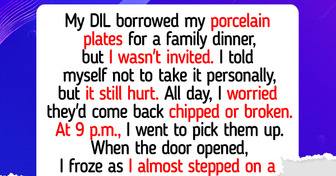
My Husband Blamed Me for My Period on Our Honeymoon, So I Turned the Tables

12 Life Moments Where Quiet Kindness Played the Main Role

14 Stories That Prove Relationships Can Take the Wildest Turns

My Dad Demanded to Give My Stepsister the Spotlight on My Wedding—But I Reclaimed It

I Let My MIL Join Our Family Trip—And It Turned Into Chaos

I Refuse to Drop College to Take Care of My Sick Sister, I Am Not Her Nurse

